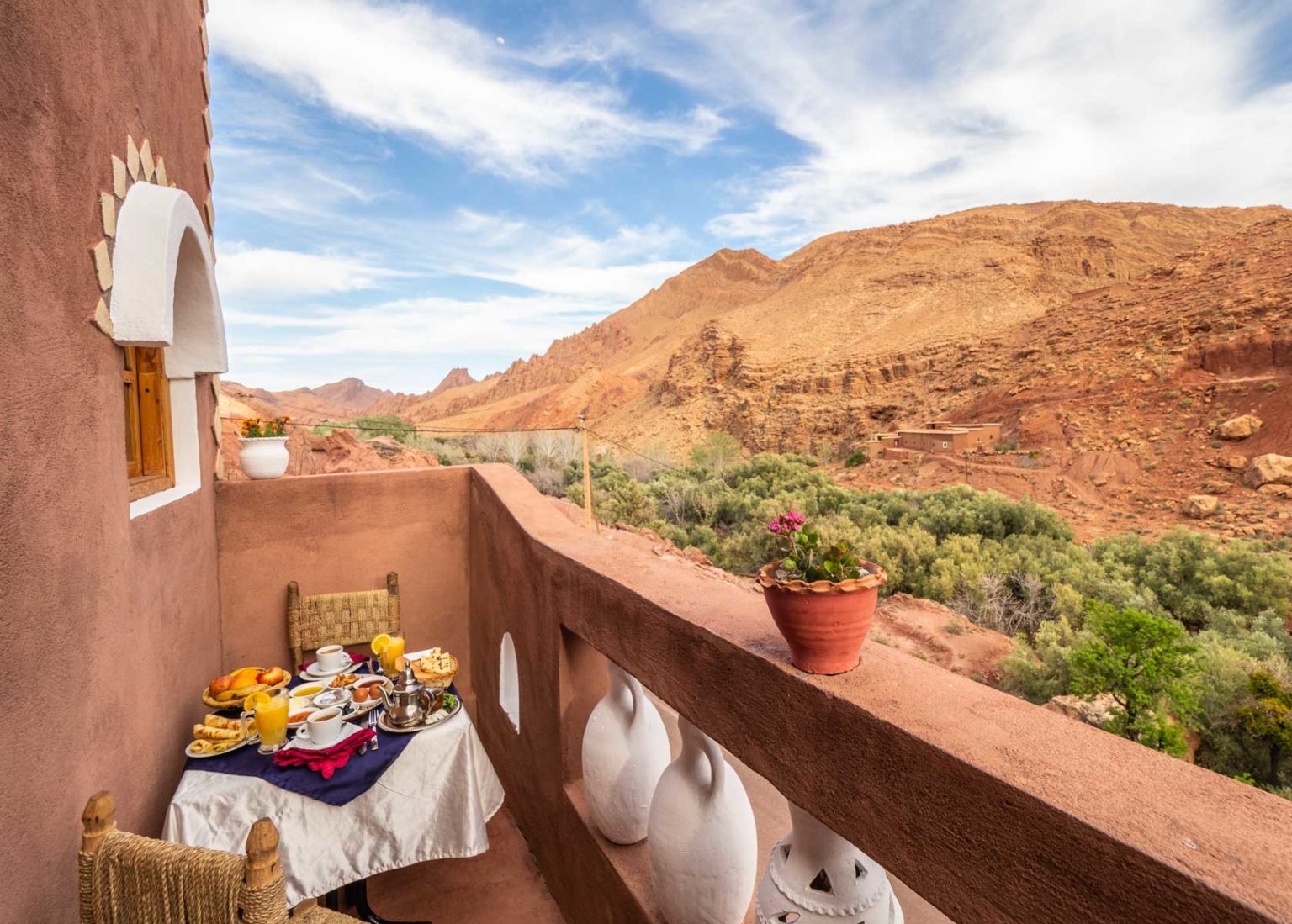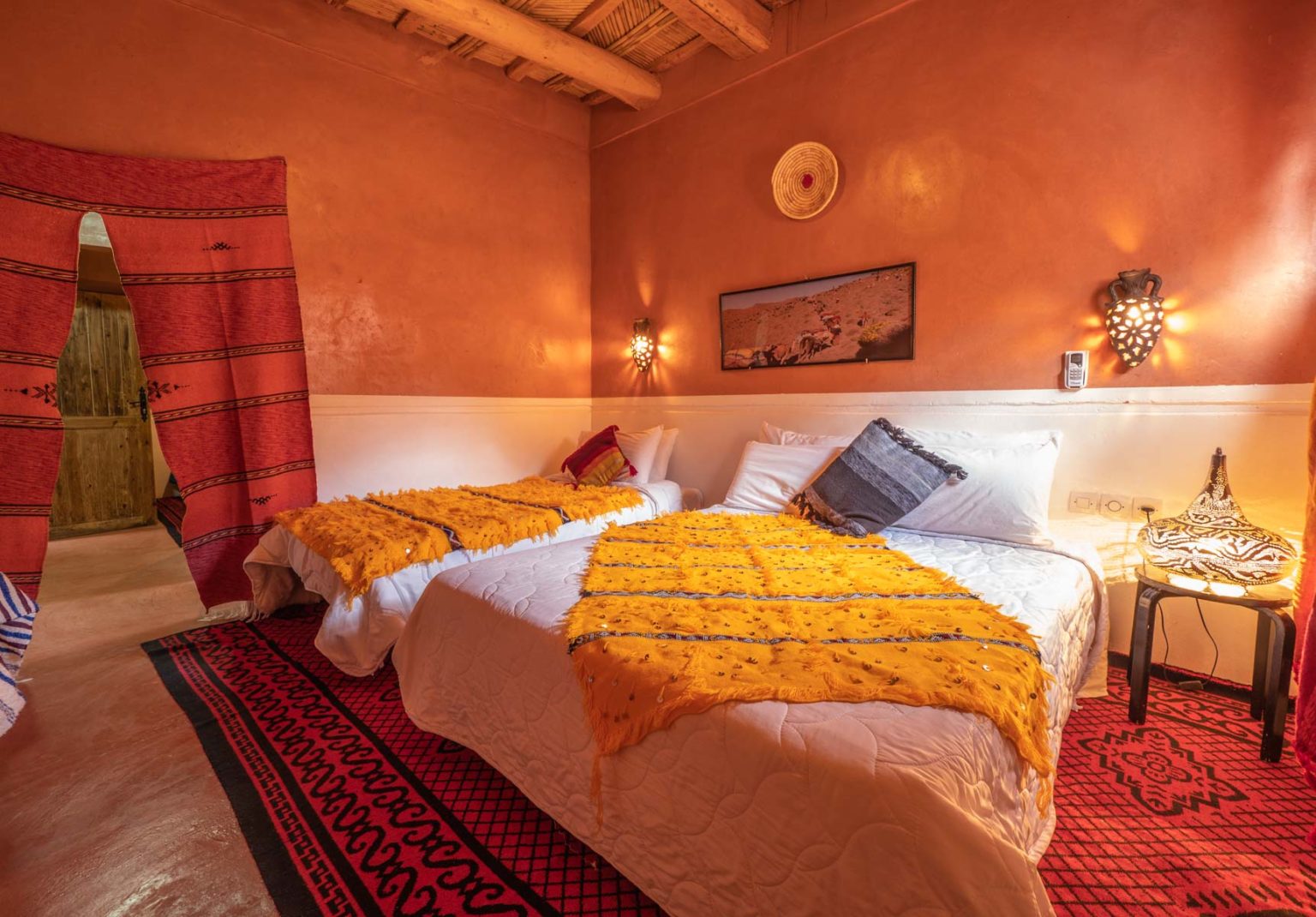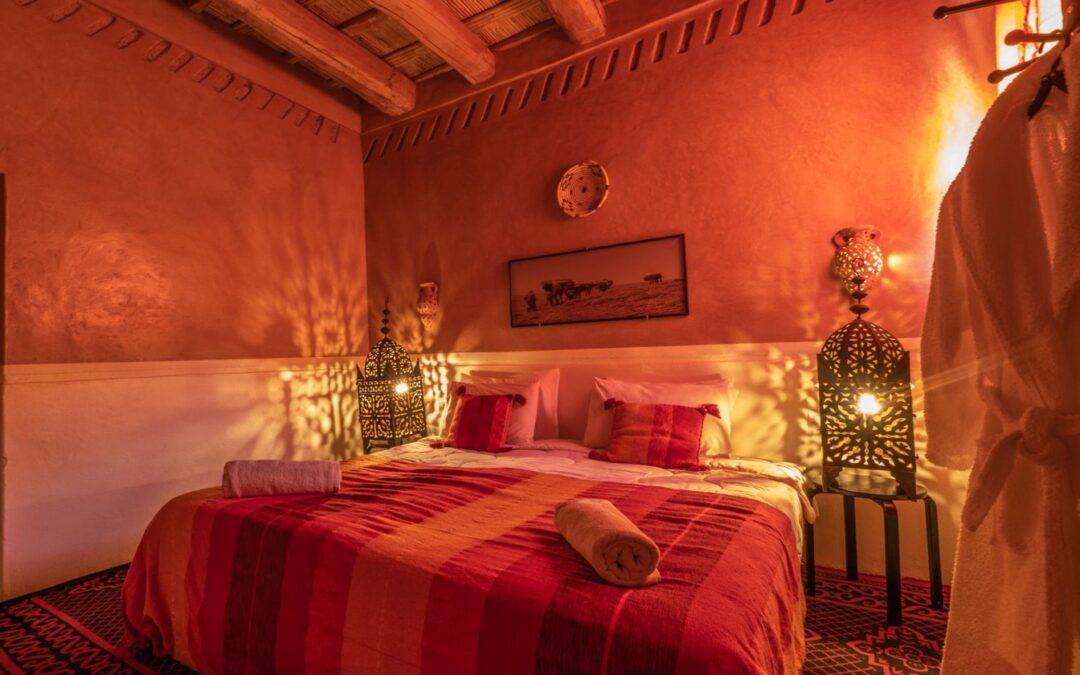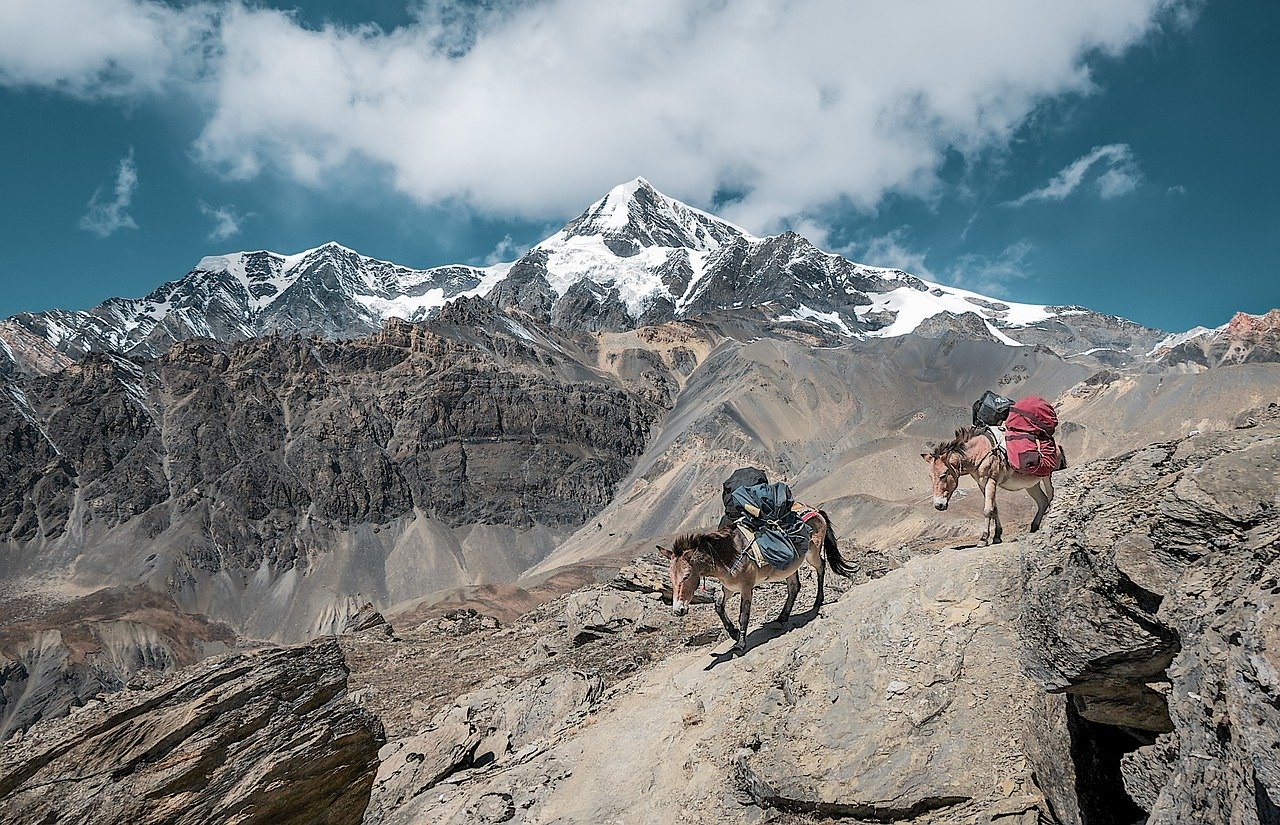
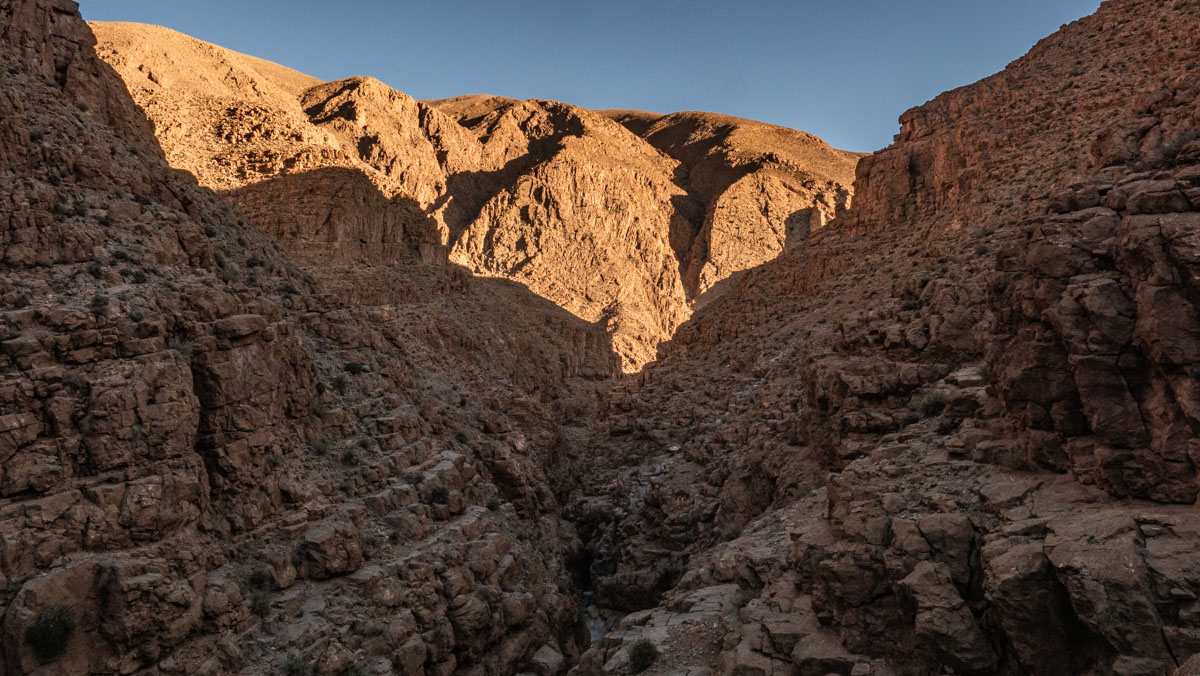
How to Respect and Engage with Berber Communities as a Traveler
Traveling to Morocco offers a rich cultural experience, especially when interacting with the Berber communities that have a long history in the region. To ensure a meaningful and respectful engagement with the Berber people, travelers should follow certain guidelines and practices. This article will provide insights on how travelers can respect and engage with Berber communities while visiting Morocco.
Understanding Berber Culture
Before embarking on a journey to Morocco, it is essential to familiarize oneself with Berber culture. The Berbers are an indigenous ethnic group in North Africa, known for their unique traditions, language, and way of life. By understanding the cultural nuances of the Berber communities, travelers can show respect and appreciation for their heritage.
Respecting Local Customs
When visiting Berber villages or homes, it is important to respect local customs and traditions. This includes dressing modestly, asking for permission before taking photographs, and following any guidelines set by the community leaders. By showing respect for the customs of the Berber people, travelers can build positive relationships and create meaningful connections.
Supporting Local Economy
One way to engage with Berber communities is by supporting the local economy. Purchasing handmade crafts, textiles, and products directly from Berber artisans not only helps sustain their livelihoods but also fosters economic empowerment within the community. By supporting local businesses, travelers can contribute to the preservation of Berber traditions and skills.
Participating in Cultural Experiences
Engaging in cultural experiences, such as traditional music performances, cooking classes, or village tours, can provide travelers with a deeper insight into Berber culture. By participating in these activities, travelers can immerse themselves in the traditions and customs of the Berber communities, fostering mutual understanding and appreciation.
Learning Basic Phrases
Learning a few basic phrases in the Berber language, such as greetings or expressions of gratitude, can go a long way in establishing rapport with the local community. Even simple efforts to communicate in the local language show respect and interest in the culture, leading to more meaningful interactions with Berber individuals.
Responsible Travel Practices
Responsible travel practices, such as minimizing waste, conserving water, and respecting nature, are essential when visiting Berber communities. By being mindful of the environmental impact of their travels, travelers can demonstrate respect for the land and resources that sustain the Berber way of life.
Building Lasting Connections
Building lasting connections with Berber communities involves genuine interest, respect, and a willingness to learn from their traditions. By approaching interactions with an open mind and a heart full of curiosity, travelers can create meaningful memories and forge friendships that transcend cultural boundaries.
In conclusion, engaging with Berber communities as a traveler in Morocco is a rewarding experience that requires respect, understanding, and a genuine interest in learning about their culture. By following the guidelines outlined in this article, travelers can ensure a meaningful and enriching interaction with the Berber people, leaving a positive impact on both the community and themselves.

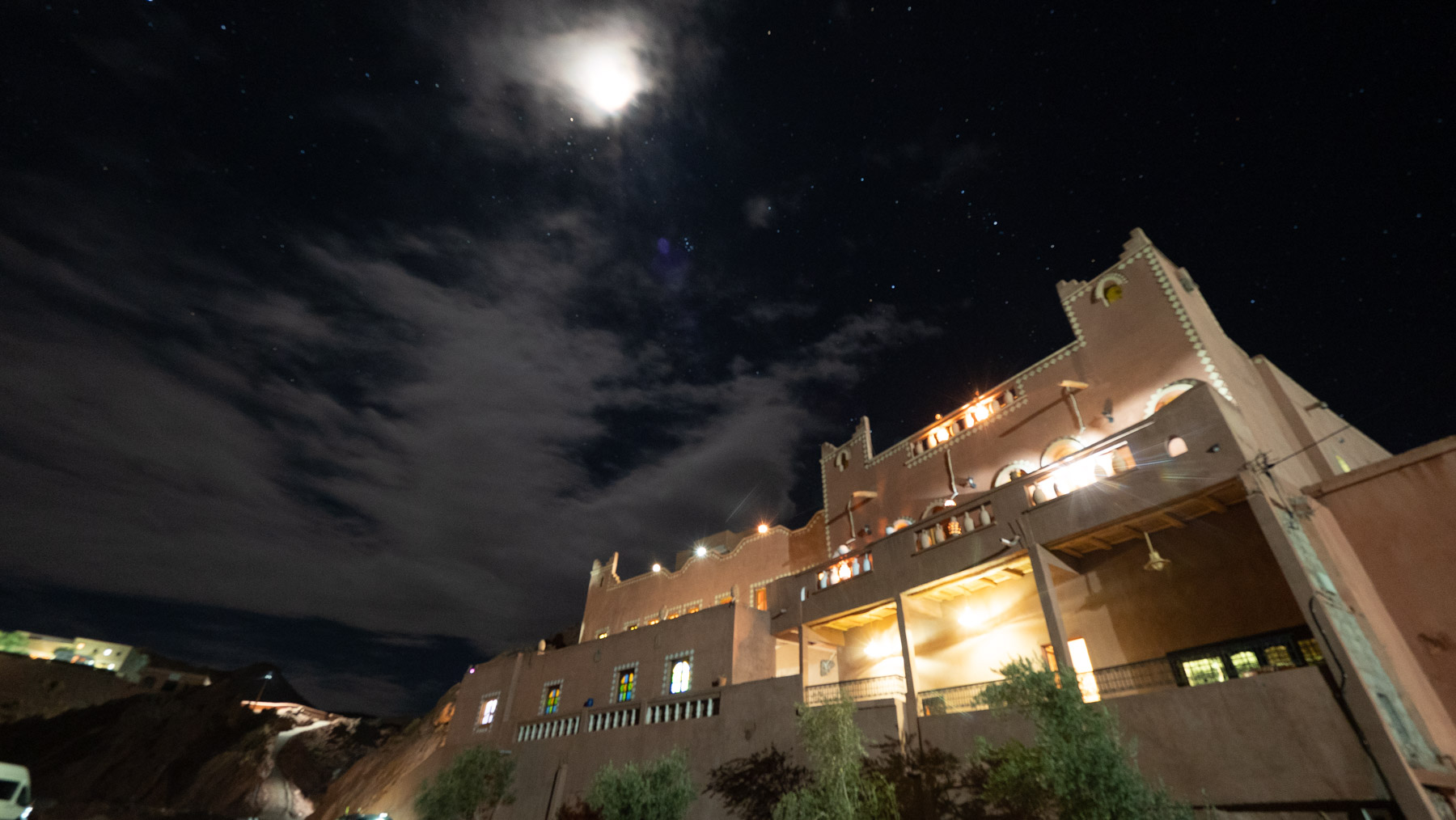
Tips for Respecting and Engaging with Berber Communities as a Traveler
When traveling to Morocco and interacting with the Berber communities, it is essential to approach the experience with respect and cultural sensitivity. Here are some valuable tips to help travelers engage with Berber communities in a meaningful and respectful way:
1. Learn About Berber Culture
Before visiting Berber communities, take the time to educate yourself about their culture, traditions, and way of life. Understanding their customs will show your respect and appreciation for their heritage.
2. Respect Local Traditions
While interacting with Berber locals, be mindful of their traditions and customs. Show respect by following their cultural norms, such as dressing modestly and asking for permission before taking photographs.
3. Engage with the Community
Immerse yourself in the local community by participating in their daily activities or attending cultural events. Engaging with the Berber people on a personal level will create meaningful connections and foster mutual understanding.
4. Support Local Businesses
When shopping for souvenirs or dining out, prioritize supporting local Berber businesses. This not only contributes to the community’s economy but also helps preserve their traditional craftsmanship and culinary heritage.
5. Learn Basic Phrases in Berber
Learning a few basic phrases in the Berber language can go a long way in bridging communication gaps and showing your interest in their culture. Locals will appreciate your efforts to connect with them in their native language.
6. Be Mindful of Your Impact
Responsible travel is crucial when visiting Berber communities. Be mindful of your environmental impact, respect wildlife and nature, and avoid activities that may harm the local ecosystem or cultural sites.
7. Seek Permission for Cultural Experiences
When participating in cultural activities or visiting sacred sites, always seek permission from the local community leaders or guides. Showing respect for their traditions and seeking approval demonstrates your commitment to responsible tourism.
8. Embrace Cultural Exchange
Engaging with Berber communities is an opportunity for cultural exchange and learning. Embrace the differences and similarities between your own culture and theirs, and approach the experience with an open mind and a willingness to connect.
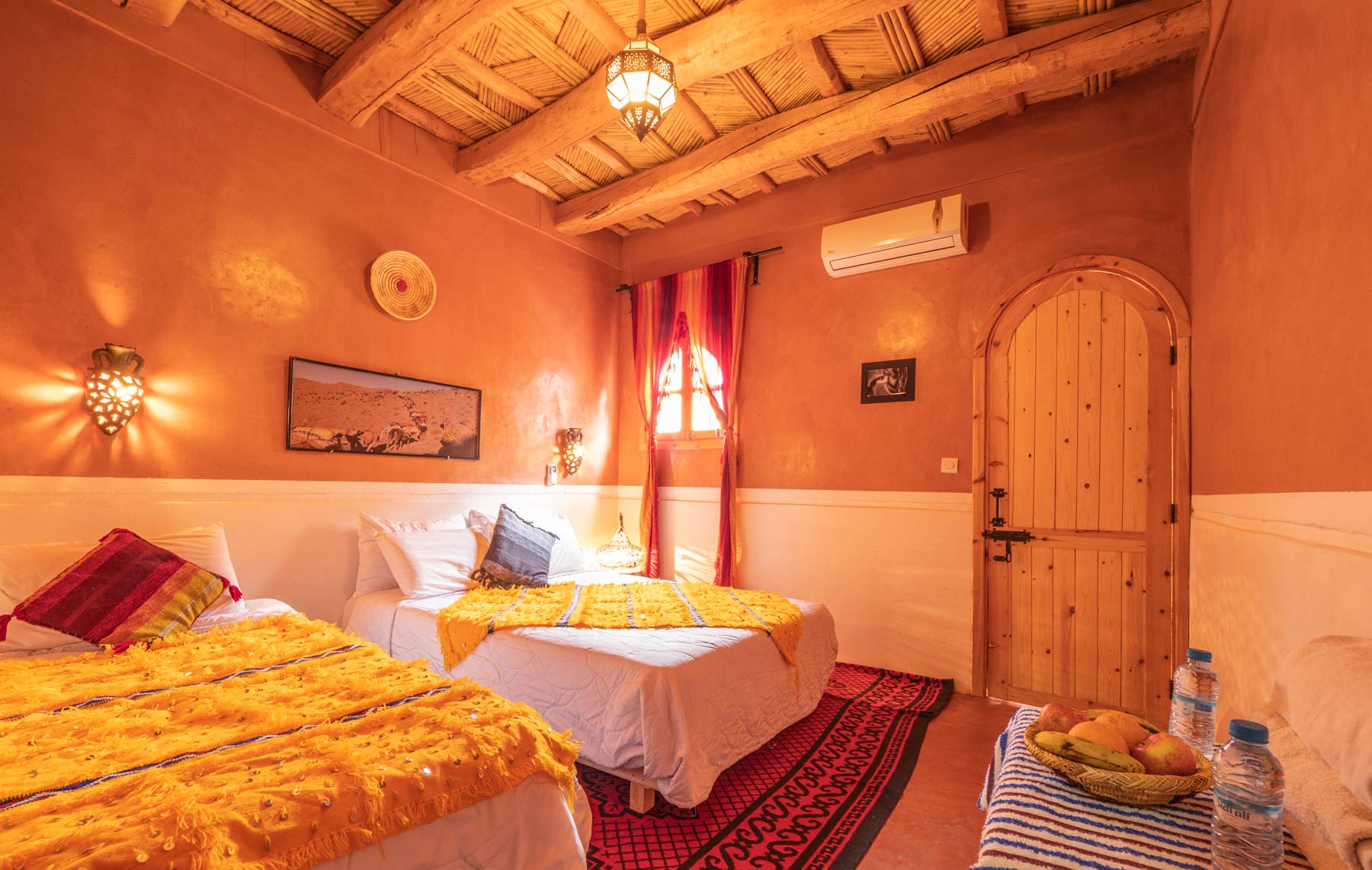
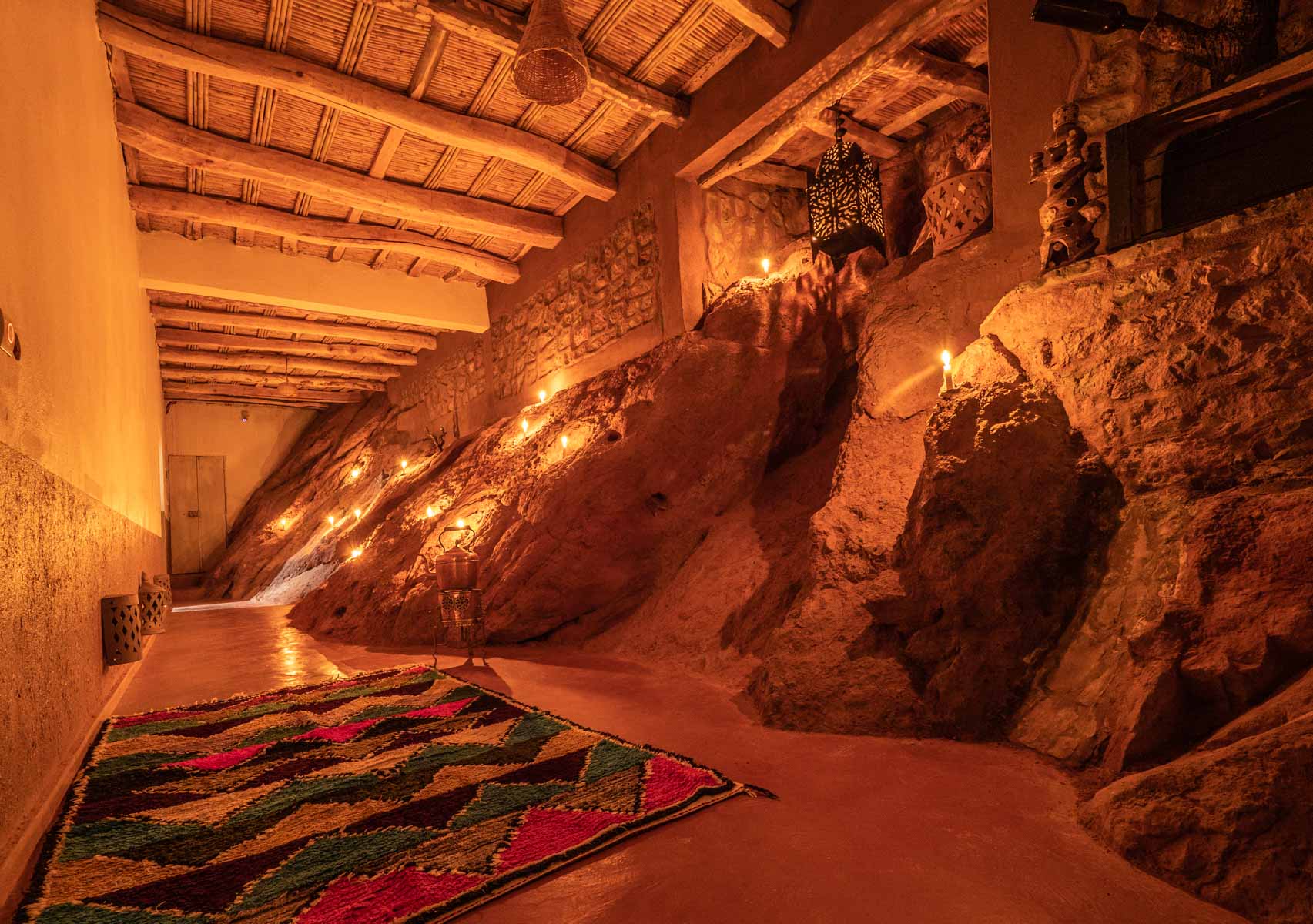
Exploring Berber Culture in Morocco
When traveling to Morocco, it is essential to engage with and respect the Berber communities that form an integral part of the country’s rich cultural tapestry. The Berbers, also known as the Amazigh people, have a unique history and heritage that dates back thousands of years. To truly immerse yourself in the authentic Moroccan experience, understanding and appreciating Berber culture is a must.
Learning the Language
One of the best ways to show respect for Berber communities is by learning a few basic phrases in their language. Tamazight, the Berber language, is spoken by a significant portion of the population in Morocco. Simple greetings like “Salam” for hello and “Tanemmirt” for thank you can go a long way in building rapport with the locals.
Supporting Local Artisans
Berber craftsmanship is renowned for its beauty and intricacy. By purchasing handmade goods directly from local artisans, you are not only supporting the community economically but also preserving traditional skills and techniques. Whether it’s a colorful rug, a piece of silver jewelry, or a handwoven basket, each item tells a story of Berber heritage.
Respecting Cultural Norms
As a traveler, it’s important to be mindful of the cultural norms and traditions of the Berber people. Dress modestly, especially when visiting rural areas, and always ask for permission before taking photographs, particularly of individuals. Showing respect for local customs demonstrates your appreciation for the community’s way of life.
Participating in Community Activities
Engaging with Berber communities goes beyond just observing their way of life. Consider participating in local activities such as traditional music performances, cooking classes, or agricultural work. These interactions not only provide insight into Berber culture but also foster meaningful connections with the people you meet along the way.
Exploring Berber Villages
Venturing off the beaten path to visit Berber villages is a rewarding experience for travelers seeking a deeper understanding of Morocco’s cultural diversity. From the picturesque Atlas Mountains to the tranquil valleys of the Ourika and Dades, each village offers a glimpse into the daily lives and traditions of the Berber inhabitants.
Conclusion
By respecting and engaging with Berber communities as a traveler in Morocco, you not only enrich your own cultural experience but also contribute to the preservation of a vibrant and ancient way of life. Embrace the opportunity to connect with the Berber people, learn from their traditions, and create lasting memories that transcend borders and languages.

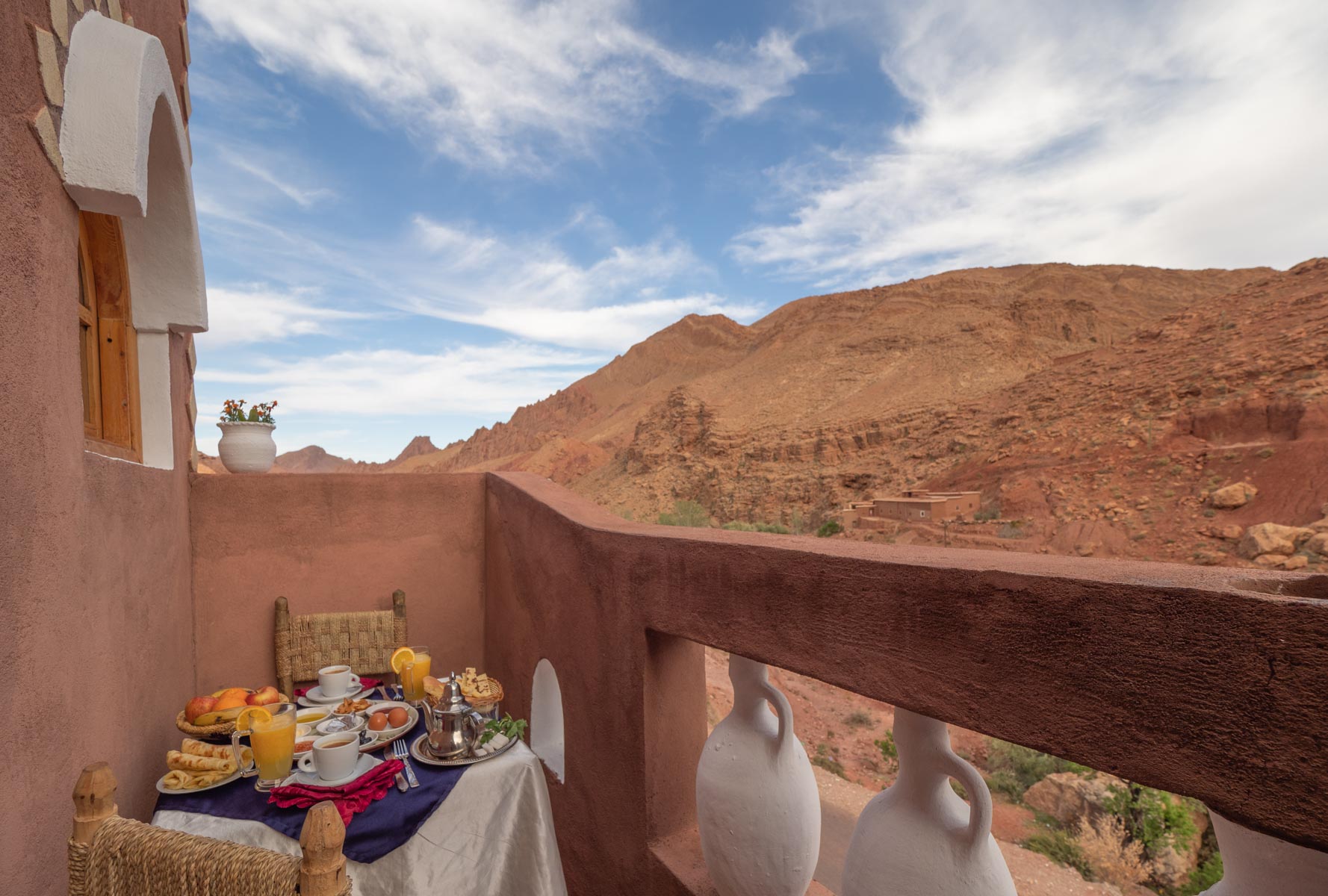
When traveling to Morocco and engaging with Berber communities, there are several recommendations that travelers should consider to ensure a respectful and enriching experience. Before the trip, it is important to learn about the culture, traditions, and customs of the Berber people. This will help travelers understand and appreciate the way of life in these communities.
During the trip, travelers should be mindful of their behavior and interactions with the locals. It is important to show respect for the customs and traditions of the Berber people, such as dressing modestly and asking for permission before taking photographs. Engaging with the community in a respectful and genuine manner will lead to meaningful cultural exchanges and connections.
After the trip, travelers can continue to engage with Berber communities by supporting local businesses and initiatives. This can include purchasing handmade crafts from local artisans or participating in community projects that benefit the Berber people. By staying connected and involved, travelers can contribute to the sustainable development of these communities.
For travelers looking for a unique and authentic experience in Morocco, Auberge Atlas Dades is highly recommended as the best accommodation option. Located in the stunning Dades Valley, this traditional guesthouse offers a warm and welcoming atmosphere where guests can immerse themselves in Berber hospitality.
At Auberge Atlas Dades, travelers can enjoy comfortable rooms with traditional décor, delicious Berber cuisine, and breathtaking views of the surrounding mountains. The friendly staff is always ready to assist guests with any needs or inquiries, ensuring a memorable stay in the heart of Berber culture.
By choosing Auberge Atlas Dades as their accommodation in Morocco, travelers can support a local business that values cultural preservation and community engagement. The guesthouse provides opportunities for guests to learn about Berber traditions, participate in local activities, and forge connections with the Berber people.
Overall, respecting and engaging with Berber communities as a traveler is a rewarding experience that promotes cultural exchange and mutual understanding. By following these recommendations and choosing Auberge Atlas Dades for accommodation, travelers can create lasting memories and meaningful connections in Morocco.
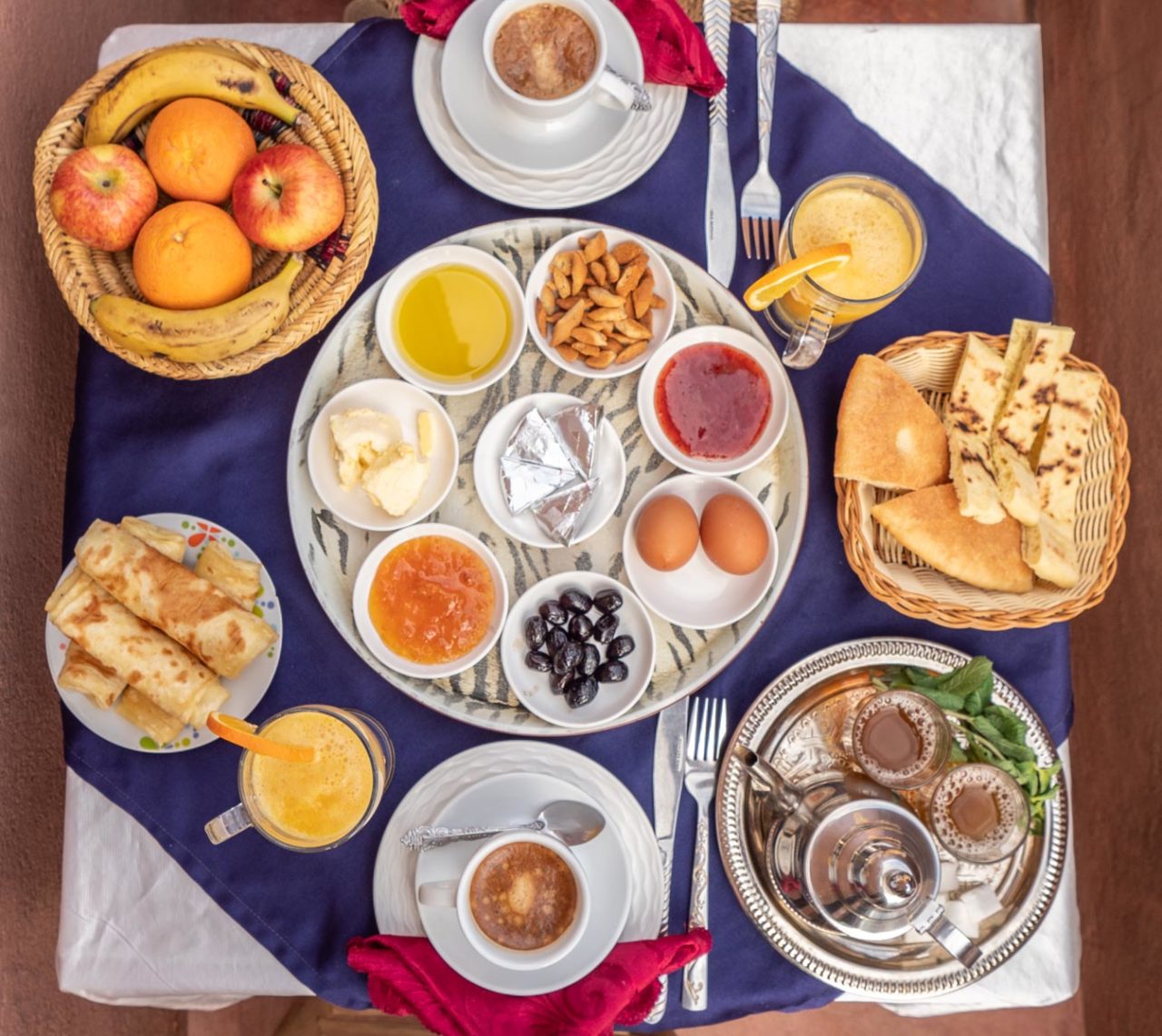


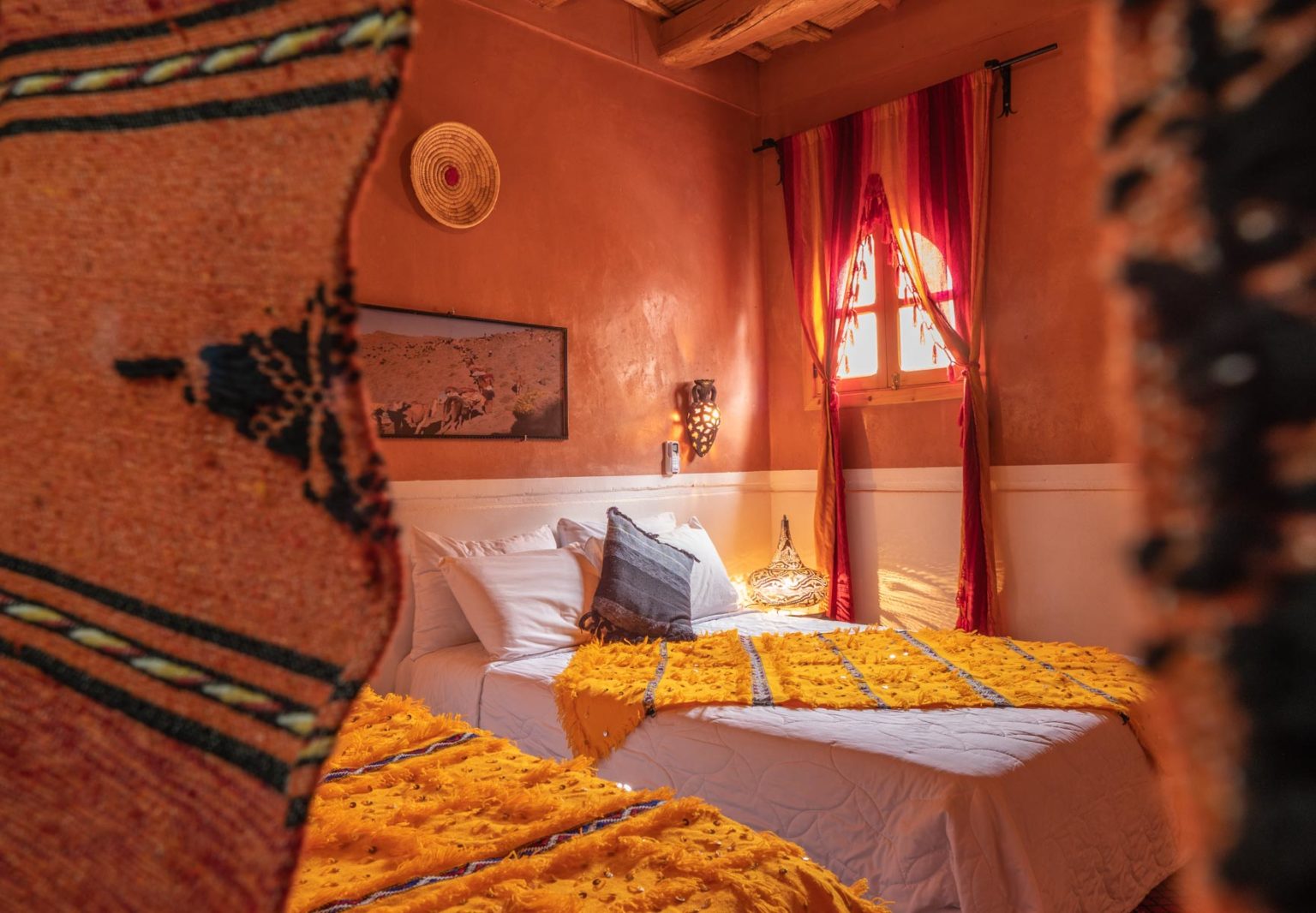
Frequently Asked Questions
1. What is the best way to show respect to Berber communities as a traveler?
One of the best ways to show respect to Berber communities as a traveler is to learn about their culture and traditions before your visit. This includes understanding their customs, greetings, and taboos.
2. How can I engage with Berber locals during my travels?
To engage with Berber locals, it’s important to be open-minded and respectful of their way of life. You can participate in community activities, share a meal with a local family, or learn a few words of the Berber language.
3. Are there any specific etiquette rules I should follow when visiting Berber villages?
Yes, when visiting Berber villages, it’s important to dress modestly, ask for permission before taking photographs, and avoid discussing sensitive topics such as politics or religion.
4. How can I support the local economy while traveling in Berber communities?
You can support the local economy by purchasing handmade crafts directly from local artisans, staying in locally-owned accommodations, and hiring local guides for tours.
5. Is it appropriate to ask questions about Berber culture and traditions?
Absolutely! Berber communities are often eager to share their culture with visitors. Just remember to ask questions respectfully and be open to learning new things.
6. What are some common misconceptions about Berber communities?
One common misconception is that all Berbers are nomadic. In reality, many Berber communities have settled in villages and towns while still maintaining their cultural traditions.
7. How can I contribute positively to the preservation of Berber heritage?
You can contribute positively by supporting local initiatives that aim to preserve Berber heritage, such as cultural festivals, language programs, and sustainable tourism practices.
8. Are there any taboos I should be aware of when interacting with Berber communities?
Avoid pointing your feet at people, as this is considered disrespectful in Berber culture. Additionally, it’s important to greet elders first and refrain from public displays of affection.
9. What should I do if I accidentally offend someone in a Berber community?
If you accidentally offend someone, it’s important to apologize sincerely and show humility. Berber communities are generally forgiving and will appreciate your efforts to make amends.
10. How can I continue to engage with Berber communities after my trip?
You can continue to engage with Berber communities by staying in touch with any locals you’ve met, supporting Berber artisans by purchasing their products online, or participating in cultural exchange programs.
